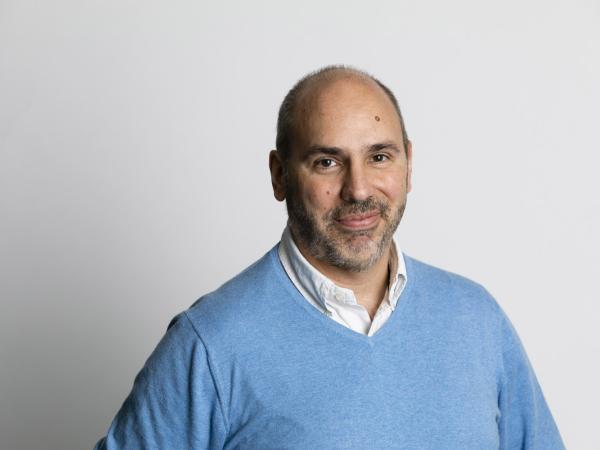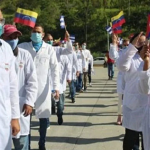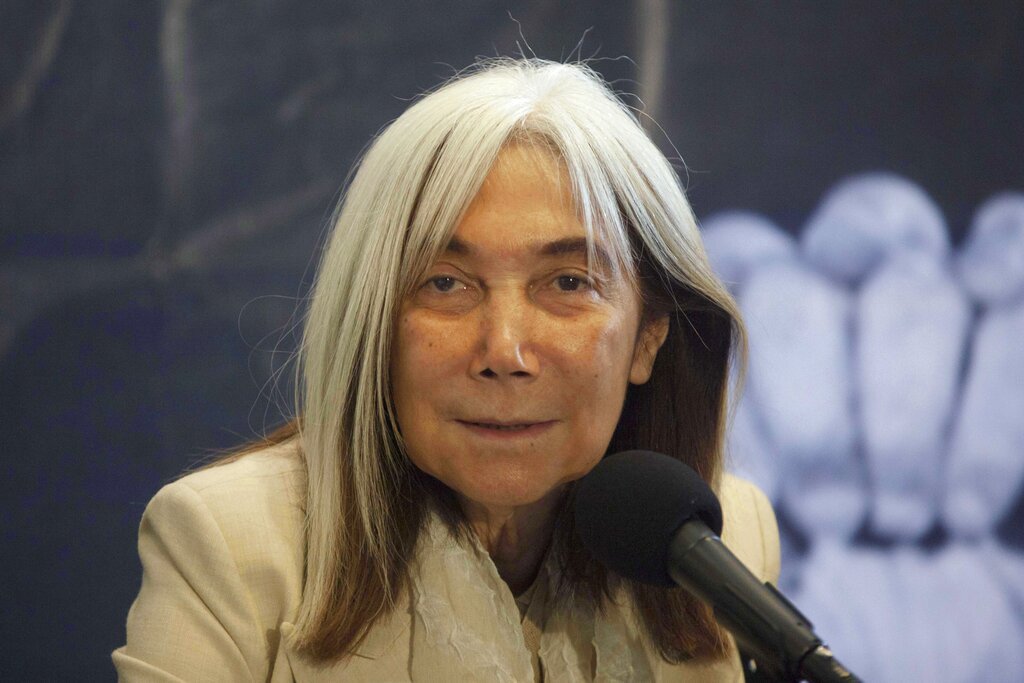Eduardo Leyva was recently appointed as president of the board of directors of the Colombian Association of Pharmaceutical Research and Development Laboratories (Afidro), a position he has reached in the midst of the debate that has been generated in the sector due to the shortage of medicines in the country.
(Eduardo Leyva assumes presidency on the board of directors of the Afidro union).
The manager assures that he hopes to contribute to the construction of health solutions and provide elements for a technical debate around the sector, from this union that groups research and development companies in Colombia in the pharmaceutical area.
An activity that encompasses the production and marketing of medicines by companies that research and identify the needs of patients to develop molecules that will become medicines to treat diseases.
How do you expect your arrival to contribute to the achievement of Afidro’s objectives?
I am convinced that we have to provide solutions. My colleagues are on the same page and that is why we are going to contribute them.
In addition, we are at a time when elements must be provided for a technical debate on what is needed in health. Being perceived as part of the solution is a golden opportunity, so that’s why we’re going to bet on it.
What goals does the organization currently have?
The first, although it sounds ambitious, is to be part of the solution to the problems that we have as a society in relation to the health system and not part of the problem.
We identified that due to the development of medicines, the knowledge we have and the actors with whom we interact, it is essential that we be part of the solution. The other objective is to contribute to the different parts of the union to have a health system that guarantees all patients access to the medicines they require.
How do Afidro see the shortage of medicines?
The first thing is that it is a multifactorial problem. Second, we believe that there should be a very technical debate around what is happening.
(Invima is left without a director, in the midst of a shortage of medicines).
Because it is true that there are some presentations of an active principle that may be out of stock, but there are substitutes, that is, there is the molecule, but from another laboratory.
In this sense, the channels must be activated so that doctors and patients can acquire the one that replaces the one that is missing. In Afidro there are three medicines that are in shortage for multiple reasons: production issues, logistics, etc. We have informed Invima.
What is the chain of factors that generates scarcity?
There are so many that it is difficult to list them all. There is a resource flow issue for the EPS, for example, the maximum budgets and there is a delay in the transfer of those monies.
There are also elements associated with Invima, which are dammed due to technical requests. There are 21,000 backlogged procedures in Invima, not all of them are due to shortages. Another element has to do with devaluation, which impacts local production.
What is a possible solution to this problem?
We believe that a discussion table should be set up to really understand the problem and, based on that, design an appropriate solution. In addition, another possible way out would be that, if there is a shortage of a drug in one laboratory, but it is available in another laboratory, some flexibility must be allowed to change pre-established contracts without implying loss of equity.
What position do you have regarding the health reform project?
There are areas that are commendable and it is necessary to work on that, for example, to ensure that health care reaches all corners of Colombia; that the medical professions have an adequate recognition and that it is intended to have a Single Information System and that patients can be attended to anywhere with the centralized clinical history. There are problems with the operationalization of what it is intended to do. In other words, today the flow of resources is easy to define: the Address has some resources, the EPS has its affiliates, it receives a UPC and thus can design strategies to care for its patients. That has worked. In what is proposed, this flow is not clear.
What are the most important pharmaceutical companies in Afidro?
We are 29 associates. The most important are: Pfizer, Merck, Gilead, Abbvie, Novartis, Hoffmann-La Roche, AstraZeneca. I would tell you that the most important in the world.
What results has the association had?
One that I would like to highlight is that in 2022 these companies had an investment in Colombia of US$73 million in clinical research. From that, 15,000 patients had access to treatments for their diseases.
(Fenalco talks about a shortage of medicines: “There is a lack of raw material”).
Another achievement is making innovative medicines available to Colombian doctors, that is, they are called upon to cover unsatisfied needs by doctors, such as: atopic dermatitis and hepatitis C. In the latter case, Afidro companies have put drugs that allow treatment in 8 or 12 weeks with few adverse events and with a cure rate of 99%, that is, 99 out of 100 patients are cured. The case of covid vaccines is another example of the results of Afidro companies.
CLAUDIA M. QUINTERO RUEDA
BRIEFCASE

















